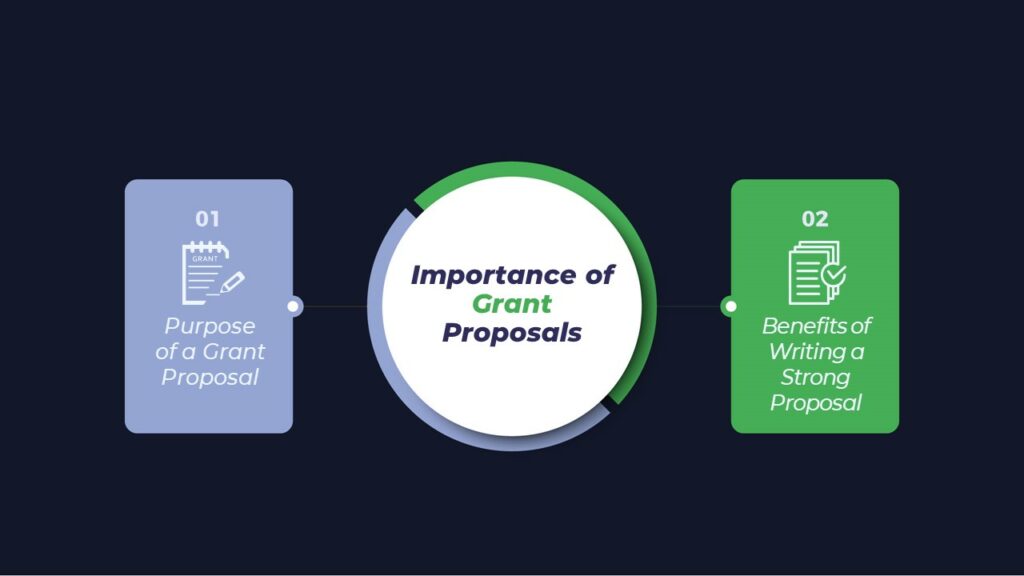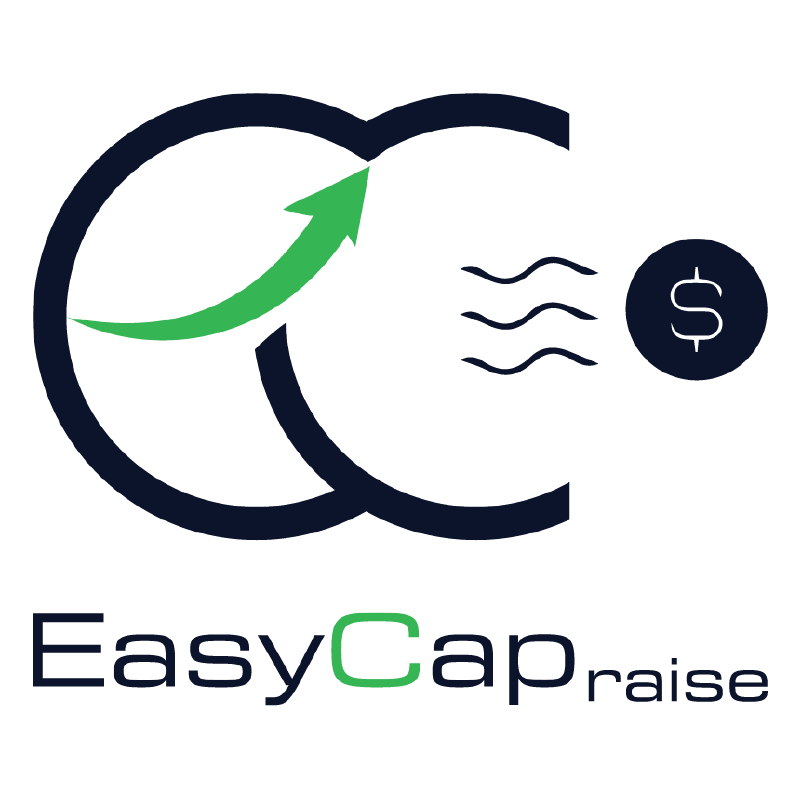Unlocking Grants for Small Business Startup Success
Starting a small business can be an exciting endeavor, but it often requires financial support to get off the ground. One valuable source of funding for aspiring entrepreneurs is grants. Grants provide non-repayable funds that can be used to kickstart a business, fuel growth, or support innovative projects. In this article, we will explore the world of grant proposals and uncover the key steps to unlock grants for small business startup success.
Understanding Grants
What are Grants?
Grants are financial awards provided by governments, foundations, corporations, or other organizations to support various initiatives. Unlike loans, grants do not require repayment, making them highly sought after by entrepreneurs. They are typically awarded based on specific criteria, such as the nature of the project, its potential impact, and the alignment with the grantor’s mission.
Types of Grants
There are various types of grants available for small businesses, including government grants, foundation grants, corporate grants, and nonprofit organization grants. Each type of grant may have its own eligibility requirements, funding priorities, and application processes.
Importance of Grant Proposals

Purpose of a Grant Proposal
A grant proposal serves as a formal request for funding and is an essential tool for small business owners seeking grants. It outlines the details of the proposed project, its objectives, budget, and expected outcomes. The grant proposal allows the grantor to evaluate the feasibility, impact, and alignment of the project with their funding priorities.
Benefits of Writing a Strong Proposal
Writing a strong grant proposal increases the chances of securing funding for your small business startup. A well-crafted proposal showcases your project’s value, feasibility, and potential impact, making it more appealing to grantors. Additionally, a compelling proposal demonstrates your professionalism, organizational skills, and commitment to success.
Researching Grant Opportunities
Identifying Eligibility Criteria
Before diving into the grant application process, it is crucial to understand the eligibility criteria for each grant opportunity. Review the grant guidelines and ensure that your small business and project meet the specified requirements. Pay attention to factors such as location, industry focus, and project scope.
Locating Grant Opportunities
Researching and identifying suitable grant opportunities is a vital step in securing funding for your small business. Utilize online resources, government databases, and networking channels to discover grants relevant to your industry and business needs. Consider reaching out to local business associations and organizations for further guidance.
Crafting an Effective Grant Proposal
Structuring the Proposal
A well-structured grant proposal increases its readability and impact. Follow a clear outline that includes an executive summary, project description, budget and financials, evaluation plan, and sustainability strategy. Use headings and subheadings to organize the content and make it easy for reviewers to navigate through the proposal.
Key Components of a Proposal
Executive Summary
The executive summary provides an overview of your project and its objectives. It should concisely convey the project’s significance, expected outcomes, and the amount of funding requested.
Project Description
The project description delves deeper into the specifics of your small business startup. Outline the project’s goals, methodology, timeline, and the resources required for successful implementation. Clearly articulate the problem your project aims to solve and how it aligns with the grantor’s mission.
Budget and Financials
Detail the budget and financial aspects of your project. Provide a comprehensive breakdown of anticipated expenses, including personnel, materials, equipment, and marketing costs. Ensure the budget is realistic, well-supported, and aligns with the proposed activities.
Evaluation Plan
Describe how you plan to measure the success and impact of your project. Outline the key performance indicators (KPIs) and evaluation methods you will use to assess the project’s outcomes. A robust evaluation plan demonstrates your commitment to accountability and provides assurance to the grantor.
Sustainability Strategy
Address the long-term sustainability of your small business startup beyond the grant period. Explain how you plan to generate revenue, secure additional funding, or sustain the project’s impact in the future. Showcase your business acumen and strategic thinking in this section.
Writing Techniques for Impactful Proposals
Clarity and Conciseness
When writing your grant proposal, clarity and conciseness are essential. Use simple and straightforward language to clearly communicate your ideas. Avoid unnecessary jargon or technical terms that may confuse the reviewers. Present your information in a logical and organized manner.
Showcasing Innovation and Value
Highlight the unique aspects of your small business startup and how it differentiates itself from others in the field. Emphasize the innovative solutions you bring to the table and the value they create. Clearly articulate how your project addresses a specific problem or meets an unfulfilled need.
Addressing Evaluation and Impact
Grantors are interested in funding projects that can demonstrate measurable results and significant impact. Clearly explain how you will evaluate the outcomes of your project and the methods you will use to track progress. Quantify the potential benefits and showcase the positive effects your project will have on the target audience or community.
Ready to unlock grants and secure funding for your small business startup?
Let Easy Capraise be your guide on this journey. Our experienced team specializes in capital raising and connecting businesses with potential investors. Don’t miss out on this opportunity to take your entrepreneurial dreams to new heights.
Click here to schedule a consultation and discover how Easy Capraise can help you navigate the grant application process and find the funding you need: Get Access Now
Remember, grants can be a game-changer for your business. Take the first step towards success by reaching out to Easy Capraise today.
Tips for a Successful Grant Proposal
Tailoring the Proposal to the Grantor
Take the time to understand the grantor’s priorities and tailor your proposal accordingly. Showcase how your project aligns with their mission, values, and funding objectives. Customize your language and examples to resonate with the grantor’s interests and demonstrate a strong connection.
Demonstrating Need and Feasibility
Clearly articulate the need for your project and how it addresses a specific challenge or gap in the market. Back your claims with data, research, or testimonials whenever possible. Additionally, demonstrate the feasibility of your project by showcasing your team’s expertise, partnerships, and access to necessary resources.
Building Strong Partnerships
Collaborating with other organizations or individuals can strengthen your grant proposal. Highlight any existing partnerships or potential collaborations that enhance the project’s outcomes or increase its reach. Partnerships demonstrate your ability to leverage resources and expertise beyond your immediate capabilities.
Submission and Follow-Up
Finalizing the Proposal
Before submitting your grant proposal, proofread it thoroughly for any grammatical errors, typos, or inconsistencies. Ensure all sections are complete, and the information provided is accurate. Review the grant guidelines once again to confirm compliance with formatting requirements and submission deadlines.
Submitting the Proposal
Follow the grantor’s specified submission process carefully. Submit all required documents and supporting materials as instructed. If applicable, submit the proposal well before the deadline to allow for any unforeseen technical issues or delays.
Post-Submission Follow-Up
After submitting your grant proposal, exercise patience while awaiting a response. Grant review processes can take time, so avoid incessant follow-up inquiries. However, if the grantor provides updates or requests additional information, respond promptly and professionally.
FAQs
Is grant funding the only option available for a small business startup?
No, grant funding is just one of the many options available for small business startups. While grants provide non-repayable funds, there are other avenues to explore, such as loans, angel investors, venture capital, crowdfunding, and bootstrapping. Each option has its own advantages and considerations. It’s important to assess your specific needs, financial situation, and growth plans to determine the most suitable funding approach for your small business startup.
What are government grants for small business startups?
Government grants for small business startups are financial awards provided by government agencies to support new businesses. Unlike loans, grants do not require repayment. Startups must meet specific criteria and submit detailed proposals to be considered for funding. Government grants can provide capital for various expenses, fostering growth and innovation in the early stages of a business.
How can I get funding for my small business startup?
To secure funding for your small business startup, there are several avenues you can explore. One option is to work with Easy Capraise, a company specializing in capital raising for businesses. Easy Capraise can assist you in connecting with potential investors and navigating the funding process. Additionally, here are some general steps to consider:
Develop a solid business plan: Create a comprehensive business plan that outlines your vision, goals, target market, and financial projections. A well-prepared plan demonstrates your commitment and attracts potential investors.
Explore traditional financing options: Research traditional financing options such as bank loans or credit lines. Prepare a strong loan application and be ready to provide collateral or a personal guarantee if necessary.
Seek out angel investors and venture capitalists: Look for angel investors or venture capitalists who are interested in investing in startups. Prepare a compelling pitch deck and be prepared to demonstrate the potential return on investment for these investors.
Consider crowdfunding: Crowdfunding platforms allow you to raise funds from a large pool of individual contributors. Create an engaging campaign and offer attractive incentives to encourage people to support your business.
Explore government grants and programs: Research government grants and programs designed to support small business startups. These grants often have specific eligibility criteria, so ensure your business aligns with the requirements before applying.
Network and attend startup events: Build a strong network by attending startup events, conferences, and industry-specific gatherings. Networking can lead to potential funding opportunities and valuable connections.
Leverage personal savings and family/friends: Utilize personal savings or seek financial support from family and friends who believe in your business idea. Ensure all arrangements are formalized and clearly documented.
Remember, securing funding for a small business startup requires persistence, preparation, and the right connections. By leveraging resources like Easy Capraise and exploring various funding options, you can increase your chances of finding the capital you need to launch and grow your business.
How to get grants for small business startups:
Research grant opportunities.
Identify grants that align with your business.
Review eligibility requirements and criteria.
Prepare a compelling grant proposal.
Submit the proposal according to the grant guidelines.
Follow up and be patient for a response.
Conclusion
Unlocking grants for small business startup success requires careful planning, research, and compelling grant proposals. By understanding the grant application process, tailoring your proposals, and showcasing your value and impact, you can increase your chances of securing the funding you need to turn your entrepreneurial dreams into reality.
Contact us
Good to have you here! If you have any queries, please leave your message. Our team will reach out soon:)
.








